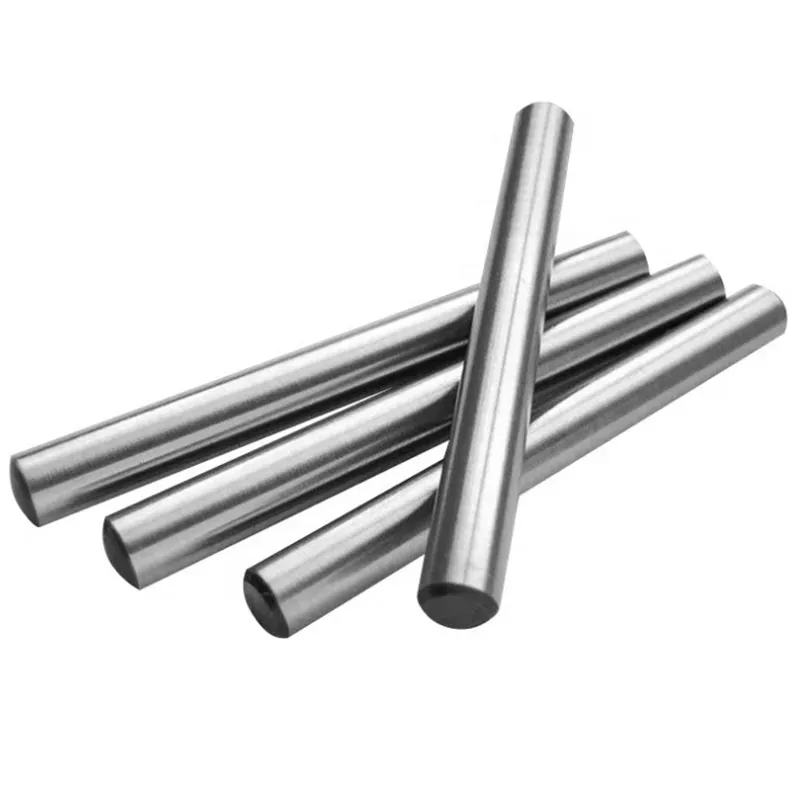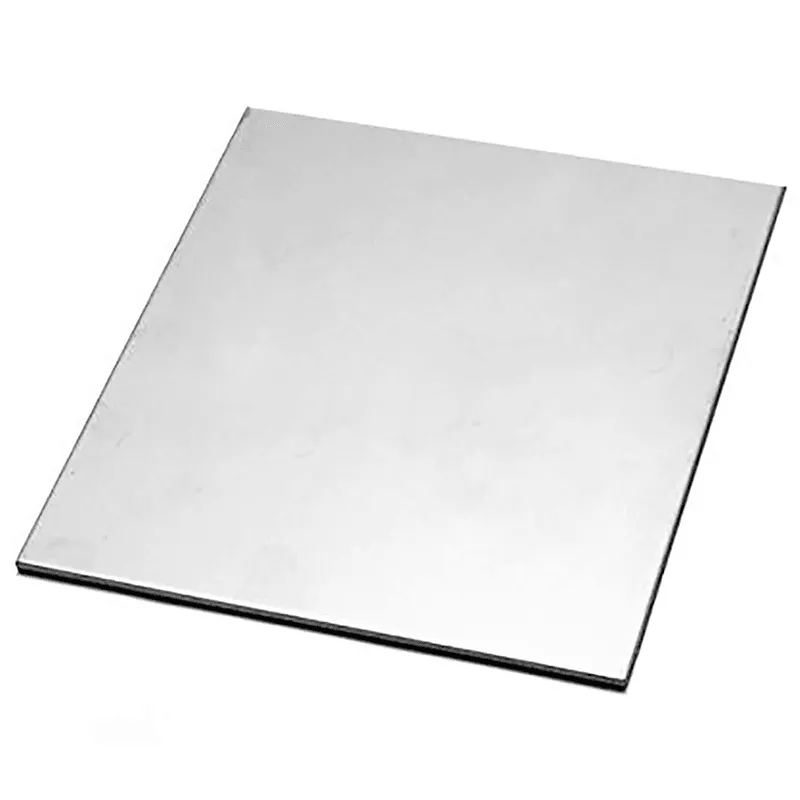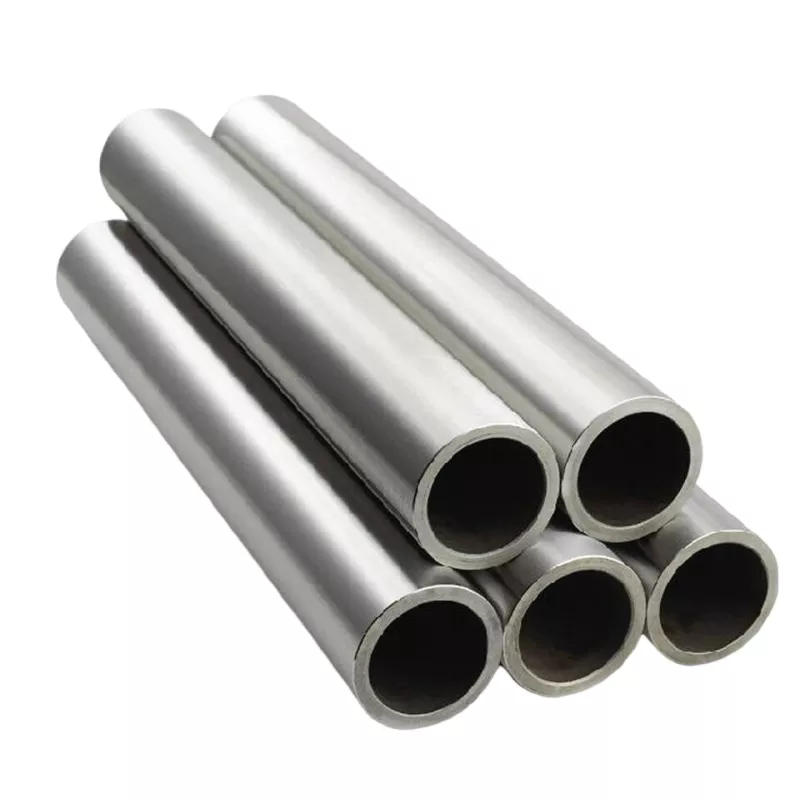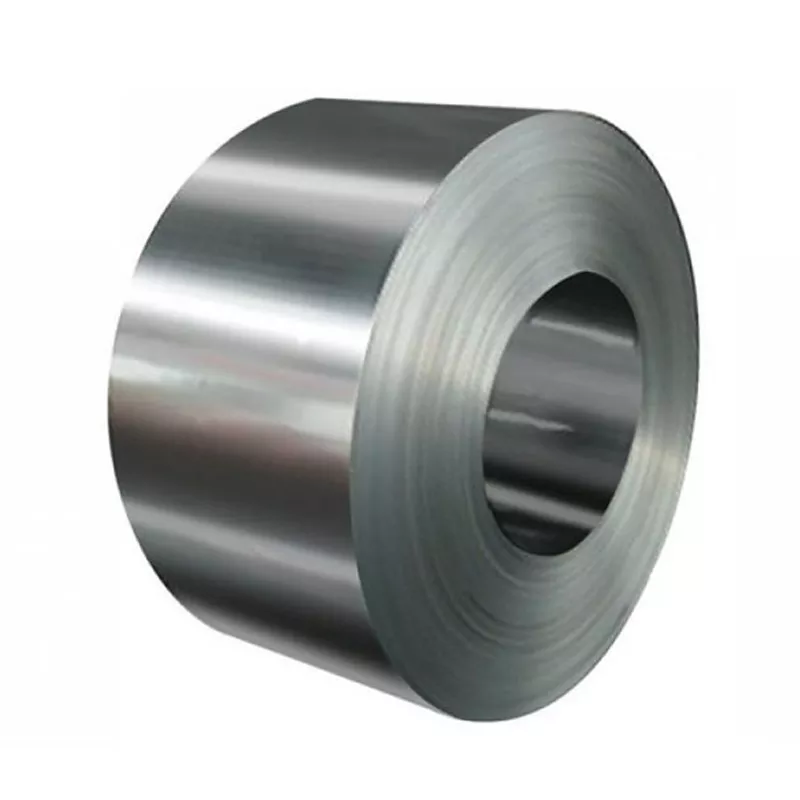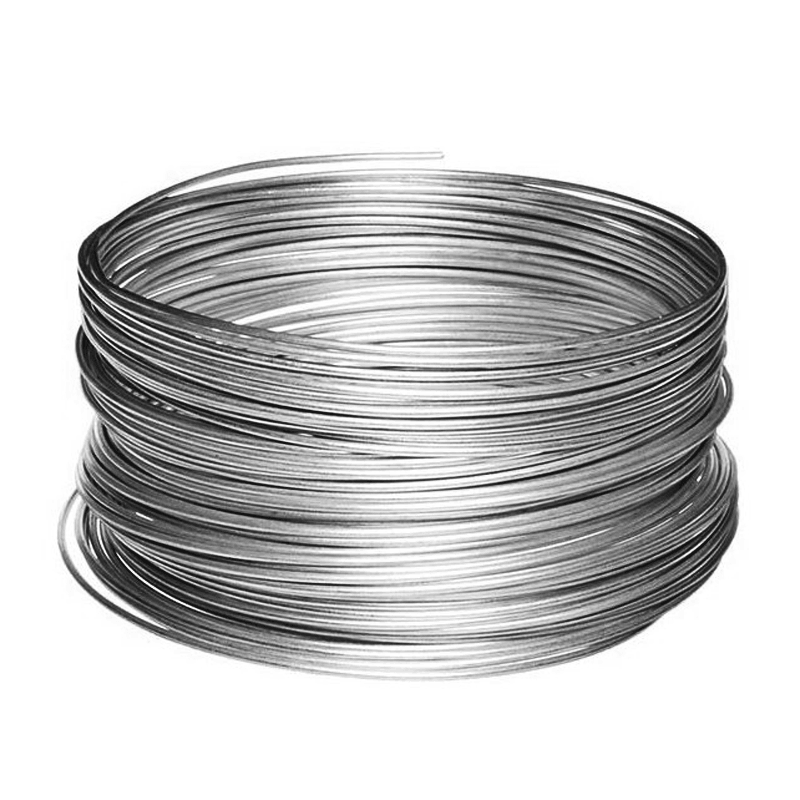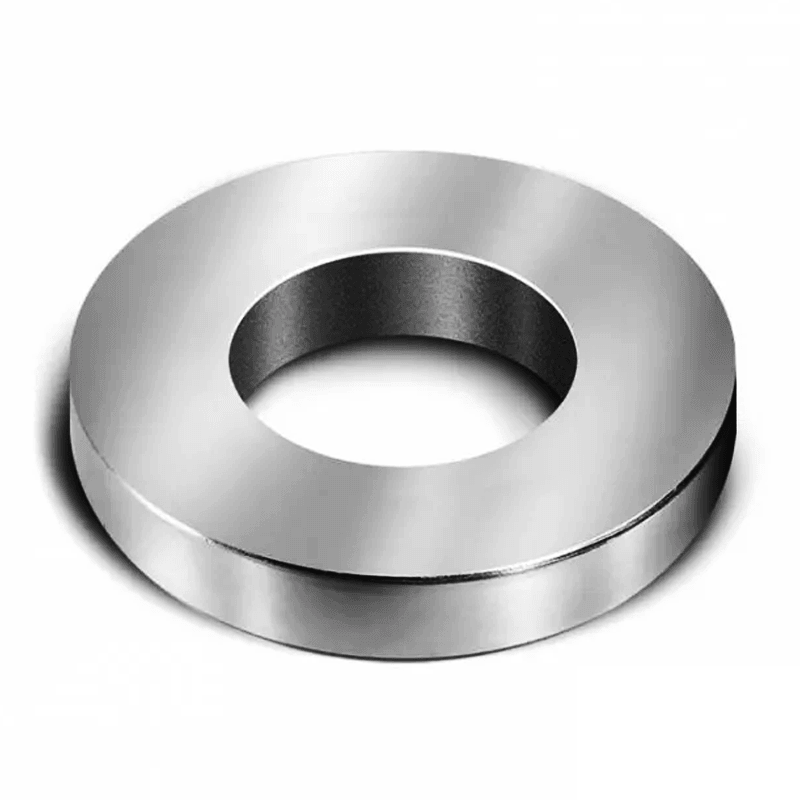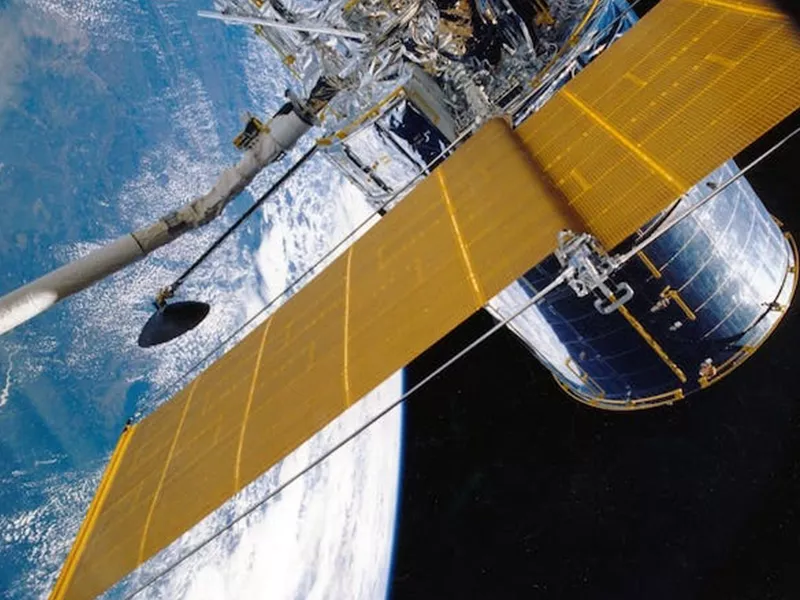There is a saying in the aviation industry: “For every 1 pound the weight of an aircraft is reduced, the flight altitude will increase 1 foot. How to reduce the weight of aircraft? This is inseparable from a material-titanium alloy.
” It can be seen that reducing weight is very important for improving aircraft performance.
Before talking about titanium alloys, let’s first understand titanium. Titanium is a metal material with excellent physical properties and stable chemical properties. It is abundant in the earth’s crust, much higher than common metals such as copper, zinc, and tin. It is buried in large amounts in rocks and sand. Titanium alloy is an alloy based on titanium and added with other elements. Titanium alloy has the advantages of high strength, light weight, and strong heat resistance. Its use in aircraft manufacturing can not only extend the service life of the aircraft, but also reduce its own weight and greatly improve the flight performance of the aircraft.
Test data shows that the strength of titanium alloy is 1.3 times that of aluminum alloy, 1.6 times that of magnesium alloy, and 3.5 times that of stainless steel. Its excellent thermal strength is suitable for aerospace manufacturing and can work for a long time at temperatures of 450°C to 500°C. In addition, titanium alloys can withstand both high and low temperatures, and can maintain a certain degree of plasticity at -253°C.
The more advanced the aircraft, the more titanium is used. The American SR-71 high-altitude and high-speed reconnaissance aircraft, titanium accounts for 93% of the aircraft’s structural weight, is known as an “all-titanium” aircraft. You know, every 10% weight reduction of an aircraft can save 4% of fuel.
Currently, most of the titanium and titanium alloys produced in the world are used in the aerospace industry. Titanium alloys are mainly used in the manufacture of aircraft and engines, such as forged titanium fans, compressor disks and blades, engine hoods, exhaust devices and other components, as well as structural frame parts such as aircraft beams and partitions. Spacecraft utilize the high strength, corrosion resistance and low temperature resistance of titanium alloys to manufacture various pressure vessels, fuel tanks, fasteners, instrument straps, frames and rocket casings. Titanium alloy plate welding parts are used on artificial satellites, lunar modules, manned spacecraft and space shuttles. It is foreseeable that with the development of aerospace industry technology, titanium alloys have broad prospects for future development. Scientists will increase the research and use of titanium alloys and create more advanced equipment.

